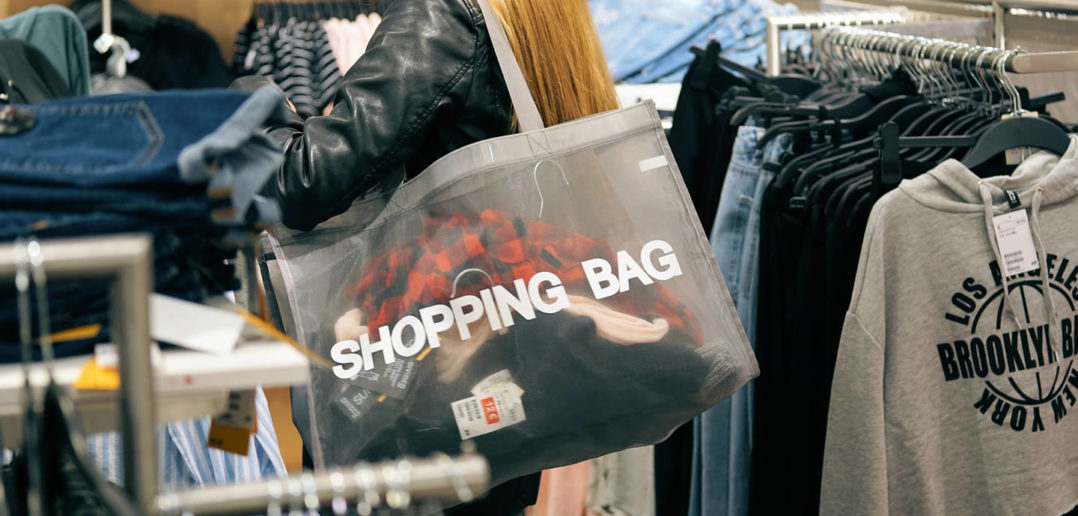Some companies have already started their Black Friday sales, giving consumers an extra two weeks to grab some of the best deals available in the run up to Christmas. But what is Black Friday anyway? And how does it compare to the other shopping extravaganzas throughout the year like the Boxing Day Sales or Prime Day?
Black Friday
Black Friday is a US shopping tradition that has been exported around the world. For years newspapers would report on crushes and stampedes at big box retail stores around the US as people clashed for discounted televisions or other big-ticket items. The internet has eased the rush to physical stores to find the best deals, and it may be that the Brits are mostly too polite to fight for a discounted PlayStation, but Black Friday as a yearly shopping day is here to stay.
The Black Friday sales now start as early as the beginning of November and various websites have already taken it upon themselves to locate and categorise the Black Friday deals for 2019 so that shoppers never miss a deal. Many of the biggest discounts tend to be found in technology goods as retailers discount last year’s ranges, but eagle-eyed shoppers can also find huge discounts on just about anything they could want if they know where to look.
The name “Black Friday” was first coined back in the 1950s for the day after Thanksgiving in the US when many workers called in sick to work to give themselves a four-day weekend. Factory owners called the day “Black Friday” for the economic output they lost, but whilst the name stuck few people think of it today as anything more than the first day of the official Christmas shopping season and a time to find the best deals.
Cyber Monday
Black Friday as a shopping day was around for decades before the internet, and whilst the internet and ecommerce were in their infancy, these online retailers decided it was easier to create their own online deals day than compete with the established chain stores on Black Friday. Today, internet retailers are often larger than the chain stores they once feared competing with, and Cyber Monday now tends to mark the end of Black Friday promotions rather than being marketed as much as a sale day of its own.
Boxing Day Sales
In the UK and across much of the Commonwealth Boxing Day has traditionally been the start of the so-called “January Sales” where retailers offers some of the deepest discounts on products they did not manage to shift in the pre-Christmas period. This has long been the best time for British shoppers to find the best deals of the year, and with many people enjoying a little bit of extra money in their pocket thanks to a present from Grandma, Boxing Day still generates huge volumes of sales.
The name “Boxing Day” comes from an old tradition, first mentioned by Samuel Pepys back in 1663, whereby servants would be given a day off to visit their families after Christmas and would be provided with a Christmas box of gifts and leftover food to take with them. This tradition evolved into people giving tradesmen a small gift or money for good service performed during the year, and as the modern world moved away from ideas of patronage to capitalism, the word has stayed but the meaning almost completely lost. Now it is a time to get away from family after the Christmas traditions and splurge on some retails therapy.
Prime Day
Amazon is the biggest e-commerce store in the world, and rather than compete with everyone else for sales on Black Friday or Cyber Monday, Amazon decided it would choose a different day to offer its best deals to its Amazon Prime subscribers.
Amazon’s Prime Day started on 15th June 2015 and as the ecommerce giant sells everything from cookers to cosmetics, Prime Day offers shoppers bargains on a variety of their favourite products, from big ticket items like televisions and laptops to obscurities like giant unicorn pool floats and 55-gallon drums of water-based lube.



